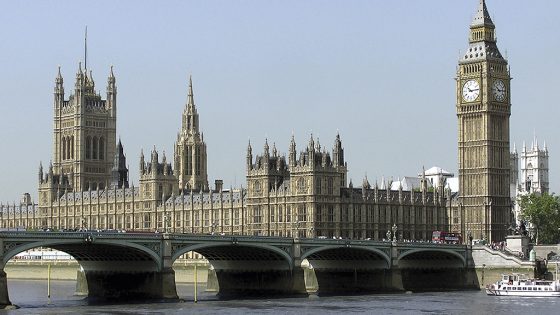Ministers have ordered public bodies to increase their procurement spending on small and medium-sized enterprises (SMEs).
A national procurement policy statement published by the Cabinet Office last week said in-scope contracting authorities should “maximise” the proportion of their budgets directed to SMEs and voluntary, community and social enterprises (VCSEs).
Public sector reform minister Georgia Gould told MPs that such organisations were being “held back by government procurement processes that are too slow, bureaucratic and difficult to navigate”.
New guidance from the Cabinet Office demanded that central government bodies, their executive agencies and non-departmental public bodies set a target for levels of spending with SMEs between 1 April 2025 and 30 March 2028.
It also called for a goal for VCSE expenditure in the latter two years of this period.
This new guidance was published alongside a raft of documents prepared to translate the requirements of the forthcoming Procurement Act, which comes into force next week.
The law, drawn up by the former Conservative government, places a duty on contracting authorities to consider removal of barriers to entry for SMEs.
It also requires visibility of upcoming opportunities and early market engagement and prevents pre-award performance insurance requirements.
In addition, the Procurement Act requires 30-day payment terms throughout the public sector supply chain.
Earlier this month, the Cabinet Office published fresh guidance on how to account for social value when assessing bids for work. The forthcoming act uses the term ‘most advantageous tender’ to replace the ‘most economically advantageous tender’ in existing legislation.
In-scope clients must apply a minimum 10 per cent weighting for social value when judging tenders, the latest guidance said. All social value commitments made by suppliers during the procurement process must then be reflected in the contract either as terms or performance indicators.
Gould described the reforms as a “transformative package of reform” intended to “drive economic growth, strengthen supply chains and foster innovation”.
Shamayne Harris, head of procurement at framework provider Pagabo, said the SME policy note facilitated a “core objective” of the Procurement Act – opening up public contracts to new entrants.
“While there isn’t a mandated target, there is reference to setting a three-year target for direct SME spend and publishing annual results, which, of course, are there for accountability,” she added.
Harris said Pagabo expected to see the guidance “trickle out to the wider industry, with other organisations voluntarily aiming for the same standards to ensure best practice”.
Joanna Rees, partner at law firm Blake Morgan, said the Cabinet Office note on social value represented “the next natural step in maximising the impact of the public sector pound”.
She noted that social value is delivered mainly through the supply chain at SME level rather than by tier one contractors.
“Onerous social value commitments are generally stepped down to subcontractors without much thought of implementation or measurement,” Rees added.
“Increased use of performance indicators and contractual penalties for failure to meet commitments… will make this more of a challenge.
“While this should mean more focus on delivery, which will be good for local communities, it will put more pressure on margins.”

